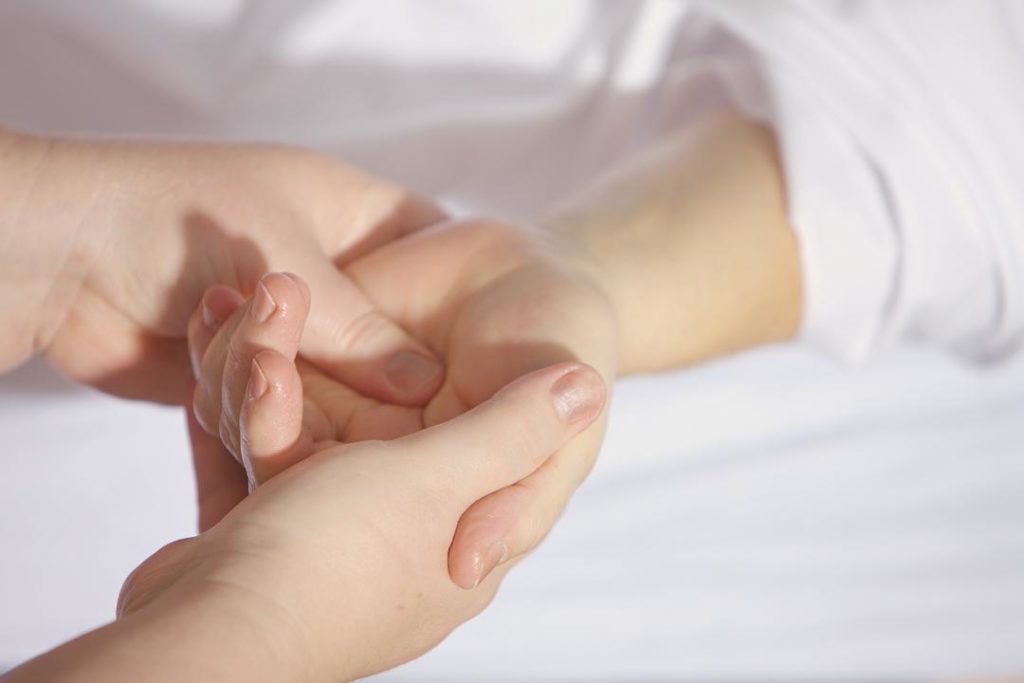
Contents
Simple and Effective Home Remedies for Joint Pains
Ginger: It has anti-inflammatory properties hence the topical application of ginger oil as well as drinking ginger tea regularly can also help. You can also have ginger along with milk for effective results.
Tulsi: It is known as an anti-rheumatic (joint pains) and antispasmodic (muscle spasms) agent. It can be used externally to treat joint-related problems. Tulasi also works in relieving joint pain and pain associated with arthritis.
Coconut oil: Take ½ cup of coconut oil heat the oil till it turns lukewarm massage the oil on the affected joint. The Massage improves the blood circulation in the region and provides relief from the pain.
Fenugreek seeds: Roast and crush a handful of fenugreek seeds take 2 tsp of this powder add water to make a thick paste apply on the affected area.
Carrots: It is one of the best home remedies for joint pain. You can munch on raw carrots, boil it slightly, or simply mix some lemon juice with it to make your ligaments stronger. Just grate 2 carrots and add lemon juice to consume it raw.
Onions: Onions are anti-inflammatory in nature that stimulates the body’s immunity. Onions contain sulfur compounds that work to reduce any type of pain.
Hot and cold compresses: Alternating hot and cold compression also help ease joint pain. Heat therapy helps to decrease pain, increase blood flow and relax sore muscles and joints. Cold therapy reduces inflammation and numbs the areas around the affected joint.
Massage: Gently massage your knee joint with warm oil to lower the inflammation, boost circulation, and relax them. You can take 2 tsp mustard oil with 5 garlic cloves, heat it and apply when lukewarm on the knee joint to get relief.
Vitamin D: Sunlight exposure is the second significant source of vitamin D. Ultraviolet light starts a chemical reaction in the skin that produces a usable form of vitamin d. Another source of vitamin d is:
- Vitamin d rich foods
- Mushrooms
- Eggs
- Soy milk
- Fish
- Raw milk
- Yogurt
- Cheese
- Almonds
Exercise & Yoga
Exercise can help you improve your health and fitness without hurting your joints. With your current treatment program. Yoga is a natural and side-effect free approach to living a healthy life. Adopting yoga as a regular practice makes the body physically and mentally fit. It restores vigor and enhances the quality of life.
Exercise for joint pains:
If you have joint pains, low-impact aerobics, strength training, and stretching can help prevent stiff joints, build muscle, improve endurance, and benefit your heart, bones, and mood.
Simple exercises for joint pains
- Stair step-ups. Watch video
- Up and downs. Watch video
- Leg flexes. Watch video
- Knee rolls Watch video
- Veerbhadrasana (Warrior pose). Watch video
- Dhanurasana (bow pose). Watch video
- Setu bandhasana (bridge pose). Watch video
- Trikonasana (triangle pose). Watch video
- Ustrasana (camel pose). Watch video
- Makara adho mukha svanasana (dolphin plank pose).
Over-The-Counter (OTC) Medications
Medication can deliver strong relief for your joint pain, but you must be mindful of the possible side effects and follow directions. Most medication used by people with joint pain falls into one of two categories: anti-inflammatory and pain relievers, also known as analgesics.
The main over-the-counter drugs are non-steroidal anti-inflammatory drugs (or NSAIDs), including aspirin, ibuprofen, and naproxen. These can help with simple sprains or even arthritis. Be sure to follow the instructions for any medication and read the warnings. Ibuprofen can cause gastrointestinal damage, such as ulcer and bleeding if you take too much. Kidney and liver damage can also result from prolonged usage or misuse. You have to be careful about overdoing it with over-the-counter drugs for joint pain. See your doctor if you are becoming too much dependent on OTC medications.
Visitor Rating: 5 Stars